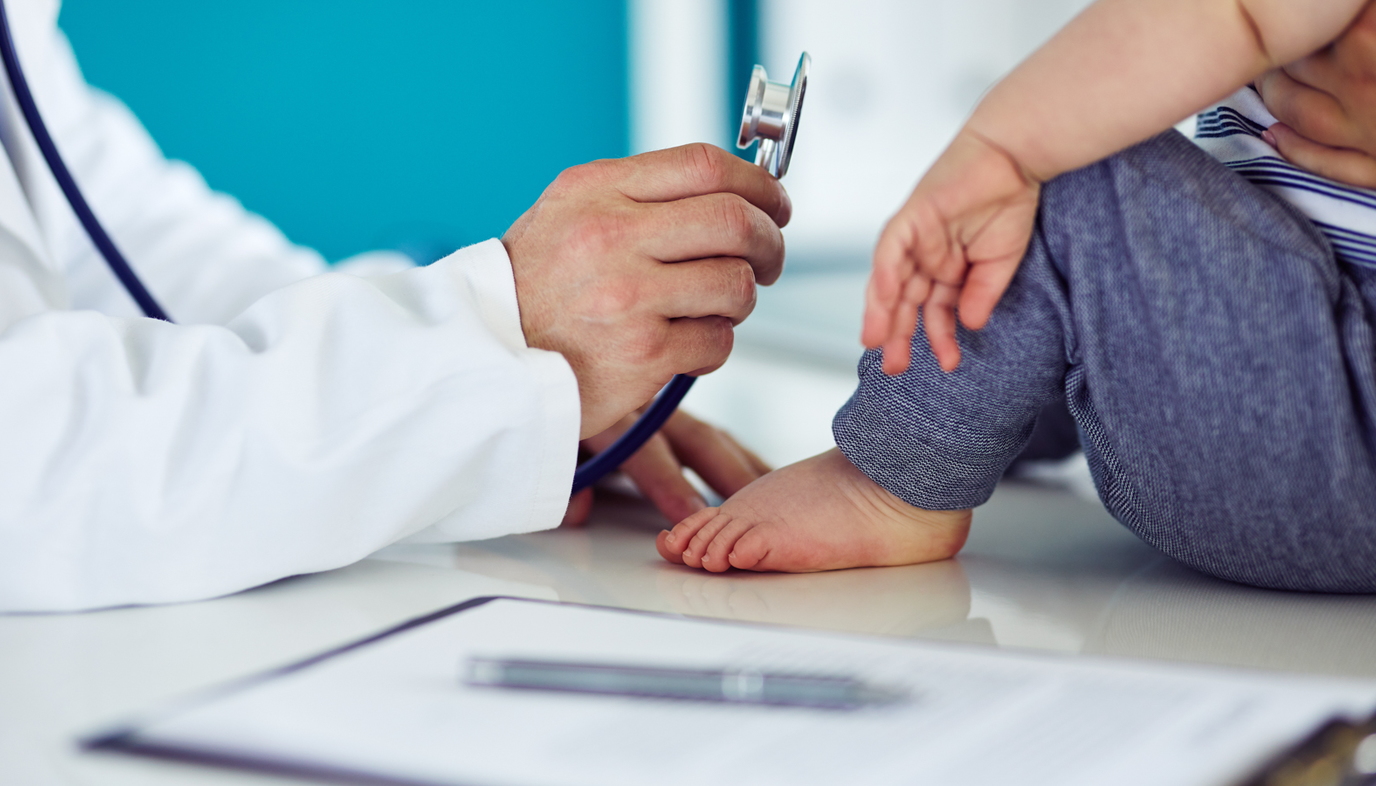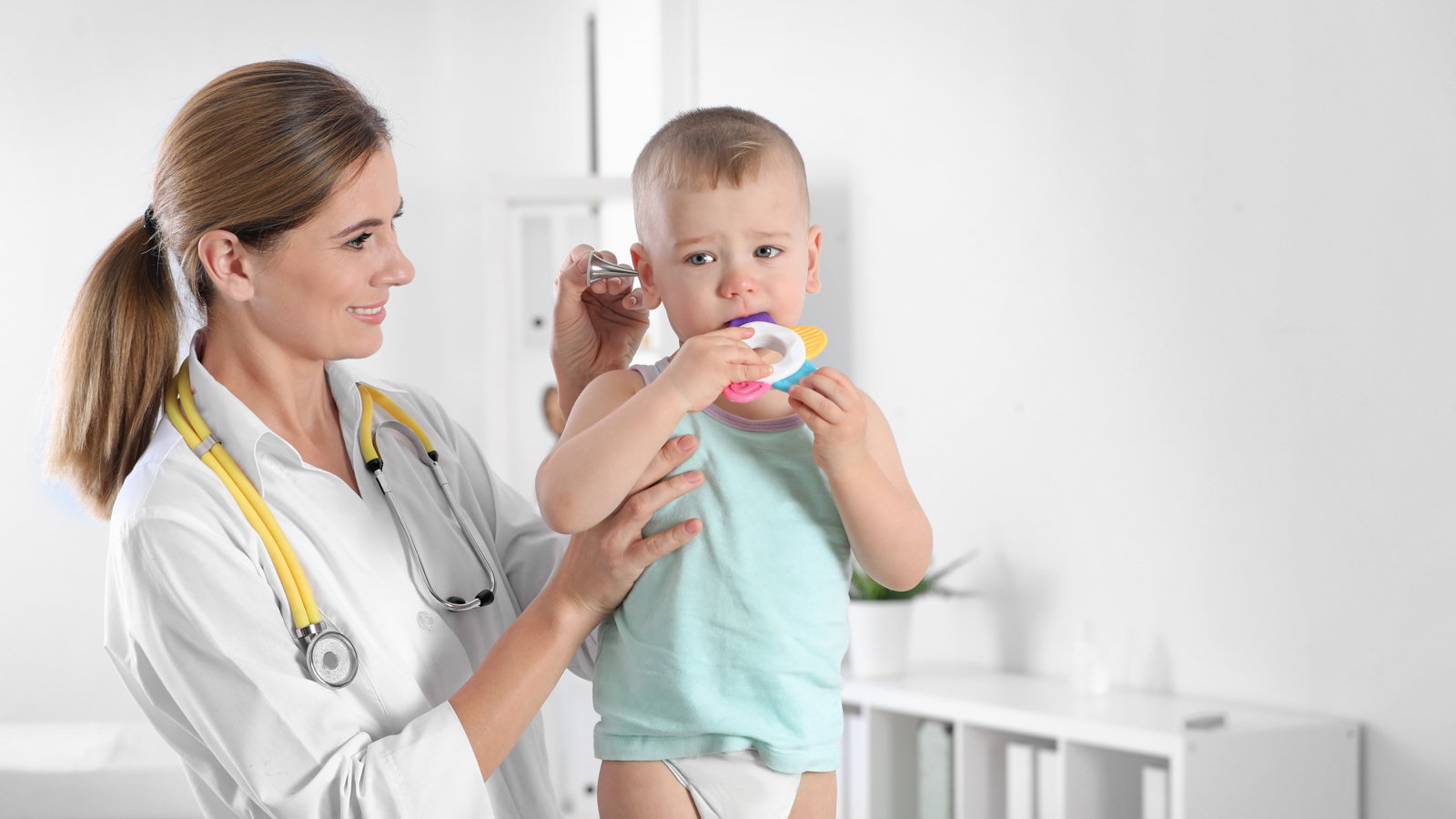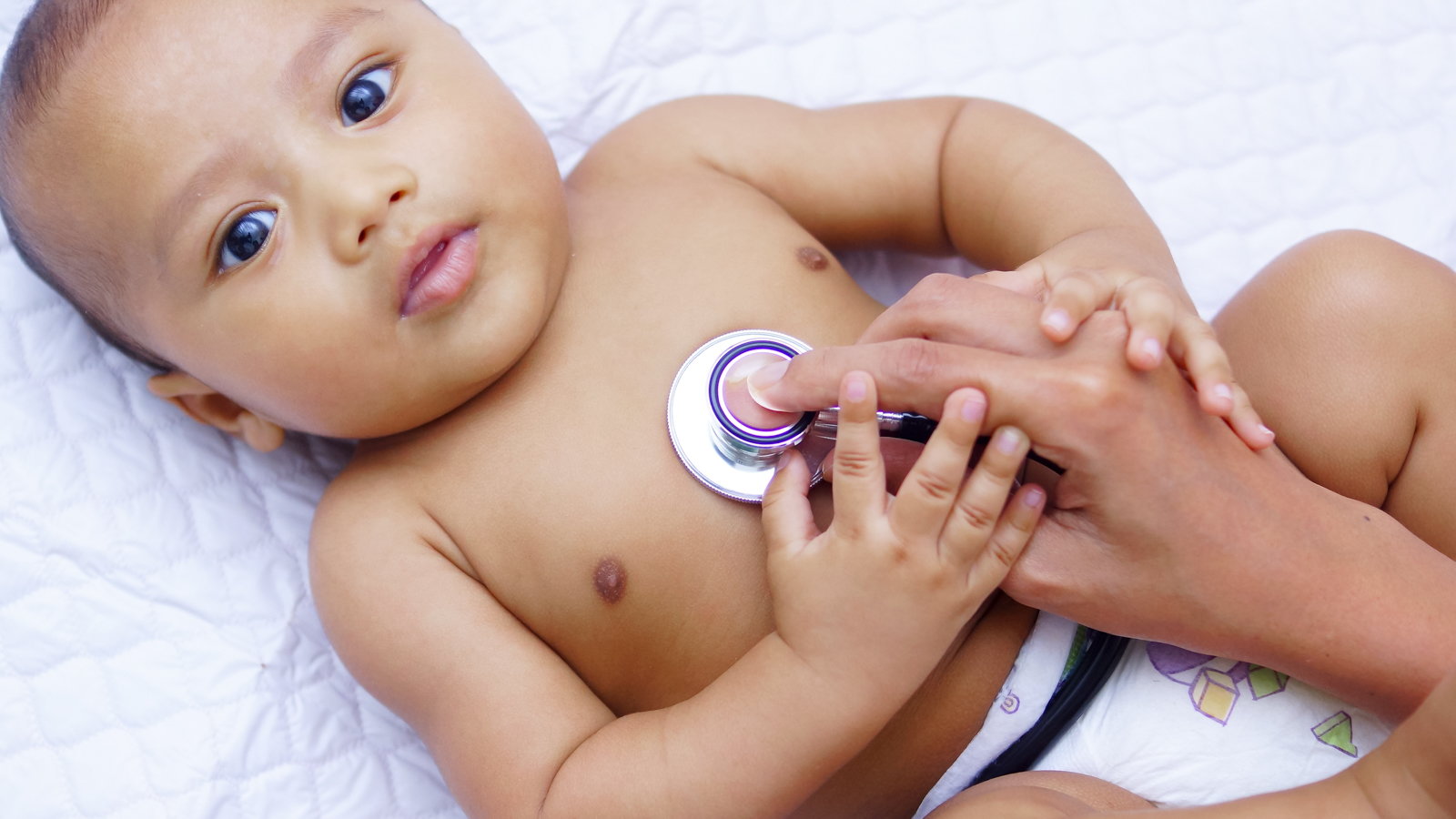
As a parent, you already know that kids love to put things in their mouths. Gumming, chewing, and tasting objects is just one way your kid learns to experience the world around them. It's a perfectly normal part of their development. However, there are times when a child accidentally swallows an object and the seemingly routine action of putting something in their mouth turns into a potentially dangerous situation. For parents, it can be absolutely terrifying.
Many will panic, but it's important not to. A clear head means you can make wise, rational decisions. If your child has swallowed something, he needs you to think and act quickly, if necessary. If you are blinded or frozen with fear, you may delay critical action or worsen the situation. While a choking situation may not occur, CPR training is a potential life-saver that all parents should have under their belt should it arise. If you haven't taken a CPR course--and even if you have--there are a number of things you should be aware of in case your child swallows an object.

Objects that Come Out on Their Own
Your child will swallow plenty of items that will come out on their own, like a coin or a button. However, that doesn't mean they're not potentially dangerous or deadly. Magnet balls are small and may pass through on their own; however, if more than one magnet is swallowed, they can come in contact with each other and tear through stomach and gut linings. Don't assume that a swallowed object is "safe" just because it's small.
Objects that Don't Come Out on Their Own
If your child swallows a large, jagged, or sharp object, it will not be able to pass through his system on its own. Even worse, it can lodge or cut into his throat or bodily organs, causing serious damage like internal bleeding. Choking is another risk. Use the rule of thumb: if it can pass through a toilet paper tube, your child is at risk of choking on it.

When to Call for Help
If your child is choking or having trouble breathing (wheezing, coughing), call for help immediately. Never try to stick your finger in your child's throat to dislodge an item unless you see it; otherwise, you risk pushing the object further down into the airway. Do not give your child anything to eat or drink to try and force the object down. Do not induce vomiting.
If your child has swallowed something that is potentially poisonous (berries, medication, or household items like bait or mothballs, for example), get to the hospital, or call for help immediately.
Signs Your Child has Swallowed Something
Try as you might, you can't keep an eye on your child every waking second, which means there will be moments that you aren't looking and something could get swallowed. If you think your child has swallowed an object, look for signs like:
- Wheezing
- Pain in the stomach or chest
- Drooling (more than you know is normal for your child)
- Running a fever
- Vomiting
- Childproofing
"An ounce of prevention is worth a pound of cure" as the old saying goes. The best thing you can do for your kids is to childproof your home and any other areas where they spend their time. Once babies start to move around, they become a danger to themselves. Check your home daily for items that could be swallowed. Keep floors clean, get into the corners, and clean up immediately after cooking, using a tool, or making a craft.
